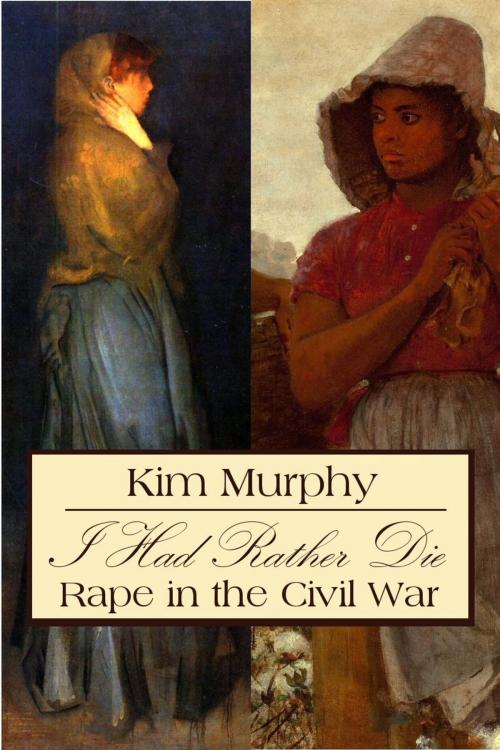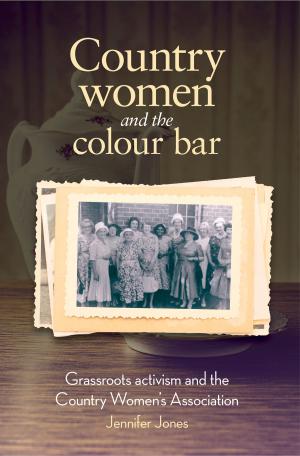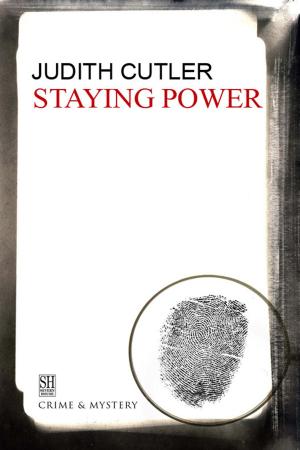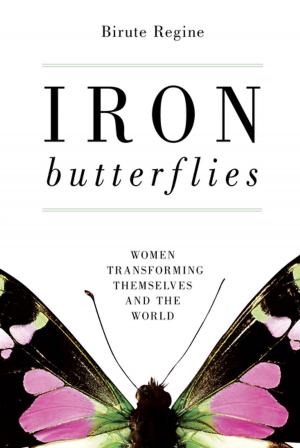I Had Rather Die
Rape in the Civil War
Nonfiction, History, Americas, United States, Civil War Period (1850-1877), Military, Social & Cultural Studies, Social Science, Gender Studies, Women&| Author: | Kim Murphy | ISBN: | 9781936785209 |
| Publisher: | Coachlight Press, LLC | Publication: | April 28, 2015 |
| Imprint: | Language: | English |
| Author: | Kim Murphy |
| ISBN: | 9781936785209 |
| Publisher: | Coachlight Press, LLC |
| Publication: | April 28, 2015 |
| Imprint: | |
| Language: | English |
The American Civil War is often regarded as a “low-rape” war, due to gentlemanly “restraint.” Nearly thirty Union soldiers were executed for the crime. As a result, rape is perceived to have been dealt with harshly. On the surface, the numbers reflect the view that rape was indeed far from widespread. In reality, few soldiers received harsh punishment for a crime considered a capital offense in the nineteenth century.
I Had Rather Die is the first book dedicated to the topic of rape during the war. Through newspapers, Official Records, diaries, letters, and court-martial documents, Kim Murphy exposes the misrepresentations about the topic of rape during the war. Not only were women raped during times of battle, but those who bravely stepped forward to name their attackers were interrogated in the justice system, often by their assailants. Courts-martial revolved around a woman’s consent and her degree of resistance against a man’s force. Poor and black women frequently had their reputations called into question. For far too long, women’s claims have been dismissed as hearsay and propaganda. Behind the brother-against-brother war lurks the hidden war of brother against sister.
The American Civil War is often regarded as a “low-rape” war, due to gentlemanly “restraint.” Nearly thirty Union soldiers were executed for the crime. As a result, rape is perceived to have been dealt with harshly. On the surface, the numbers reflect the view that rape was indeed far from widespread. In reality, few soldiers received harsh punishment for a crime considered a capital offense in the nineteenth century.
I Had Rather Die is the first book dedicated to the topic of rape during the war. Through newspapers, Official Records, diaries, letters, and court-martial documents, Kim Murphy exposes the misrepresentations about the topic of rape during the war. Not only were women raped during times of battle, but those who bravely stepped forward to name their attackers were interrogated in the justice system, often by their assailants. Courts-martial revolved around a woman’s consent and her degree of resistance against a man’s force. Poor and black women frequently had their reputations called into question. For far too long, women’s claims have been dismissed as hearsay and propaganda. Behind the brother-against-brother war lurks the hidden war of brother against sister.















